UAE Law on Donor Eggs: The Strict Prohibition and Rationale
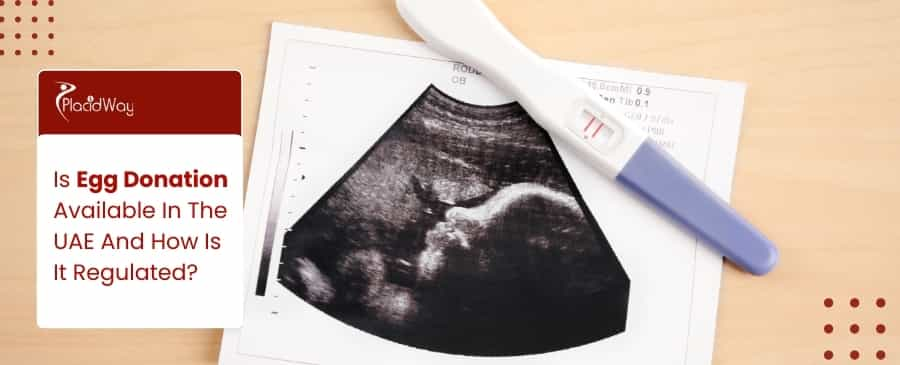
The United Arab Emirates, known for its advanced healthcare infrastructure and commitment to medical excellence, presents a distinctive situation regarding egg donation.
The straightforward answer to whether egg donation is available in the UAE is generally no, in the traditional sense involving an anonymous or unrelated donor. UAE federal laws, which are deeply rooted in Islamic Sharia principles, prohibit the donation of gametes (sperm or eggs) from third parties.
Is traditional egg donation legal in the UAE?
Therefore, if a couple residing in the UAE requires donor eggs for their fertility treatment, they cannot undergo the traditional egg donation process within a UAE fertility clinic.
Clinics strictly adhere to these regulations, meaning they will not facilitate procedures where an egg is provided by an anonymous donor or any individual outside the marital union. This is a critical point for anyone considering fertility treatment in the UAE, as it significantly narrows the local options for specific infertility diagnoses.
What are the regulations surrounding fertility treatments in the UAE?
Key aspects of the regulations include:
- Gamete Source: The law mandates that only the gametes (sperm and eggs) of the legally married husband and wife can be used in ART procedures. This means no third-party sperm, egg donation, or embryo donation is allowed.
- Marital Status: Treatment is exclusively available to legally married heterosexual couples. Single individuals or same-sex couples are not eligible for ART in the UAE.
- Embryo Storage: Regulations permit the cryopreservation (freezing) of embryos for a specified period, typically up to five years, which can be extended. This allows couples to store embryos for future use within their marriage.
- Genetic Testing: Pre-implantation genetic diagnosis (PGD) and screening (PGS) are permitted, primarily for identifying genetic disorders or chromosomal abnormalities, but not for gender selection unless medically indicated to prevent a sex-linked disease.
- Surrogacy: Surrogacy is explicitly prohibited under UAE law.Finally, as discussed, travelling abroad for fertility treatments involving donor eggs remains a significant alternative. This allows couples to access the specific medical intervention they require while complying with UAE laws within its borders. Many couples combine local diagnostics and initial consultations with international treatment cycles to pursue their family-building goals.
How do UAE clinics handle donor gametes?
When a couple undergoes IVF in the UAE, the process involves:
- Ovarian Stimulation: Administering medication to the wife to stimulate egg production.
- Egg Retrieval: Surgically collecting eggs from the wife.
- Sperm Collection: Collecting sperm from the husband.
- Fertilization: Combining the collected eggs and sperm in a laboratory setting to create embryos.
- Embryo Transfer: Transferring the resulting embryos into the wife’s uterus.
- Embryo Freezing: Storing any surplus embryos for future use by the same couple.
What is the process for IVF with donor eggs outside the UAE?
Once a decision is made to pursue treatment abroad, the process typically unfolds as follows:
- International Clinic Selection: Researching and selecting a reputable fertility clinic in a country where egg donation is legal and well-regulated (e.g., Spain, Greece, USA, India, etc.). Factors to consider include success rates, donor profiles, legal frameworks, cost, and logistics.
- Remote Consultation and Planning: Many international clinics offer remote consultations via video calls. During this phase, medical histories are reviewed, treatment plans are drafted, and donor selection criteria are discussed. Couples may view anonymous donor profiles, including characteristics like ethnicity, education, medical history, and sometimes childhood photos.
- Donor Matching and Preparation: Once a donor is selected, their cycle is synchronized with the recipient's. The donor undergoes ovarian stimulation and egg retrieval in the destination country.
- Travel and Treatment: The recipient (intended mother) and sometimes the intended father travel to the international clinic. The retrieved donor eggs are fertilized with the husband’s sperm (which can sometimes be frozen and shipped, though fresh collection is often preferred). The resulting embryos are then transferred to the recipient's uterus.
- Post-Treatment Care: After the embryo transfer, the couple returns to the UAE. Local gynecologists can monitor early pregnancy. The international clinic provides ongoing support and guidance.
Discover personalized solutions for your medical journey, including comprehensive support for fertility treatments abroad. Explore PlacidWay for expert guidance and access to world-class healthcare services tailored to your needs.




.png)
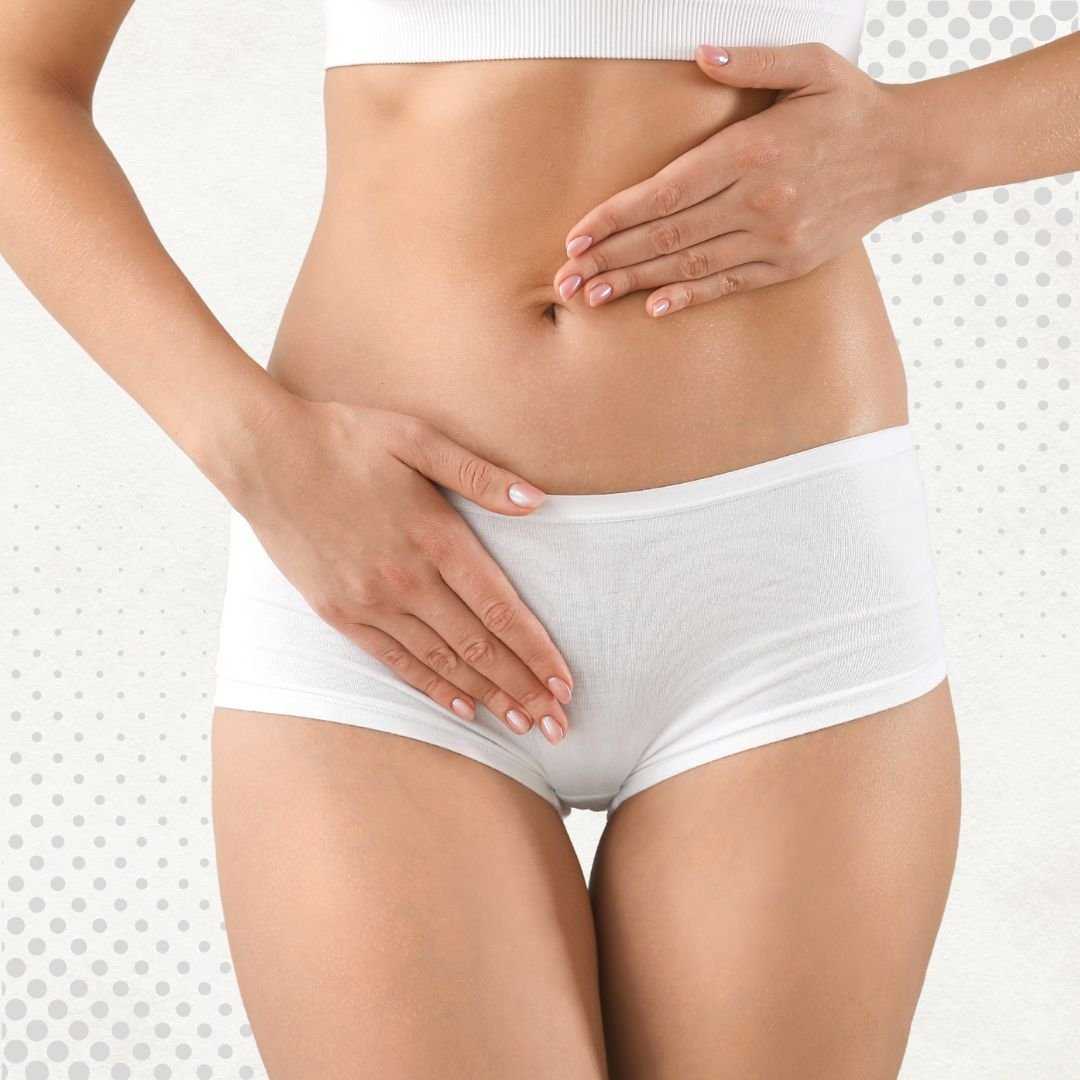
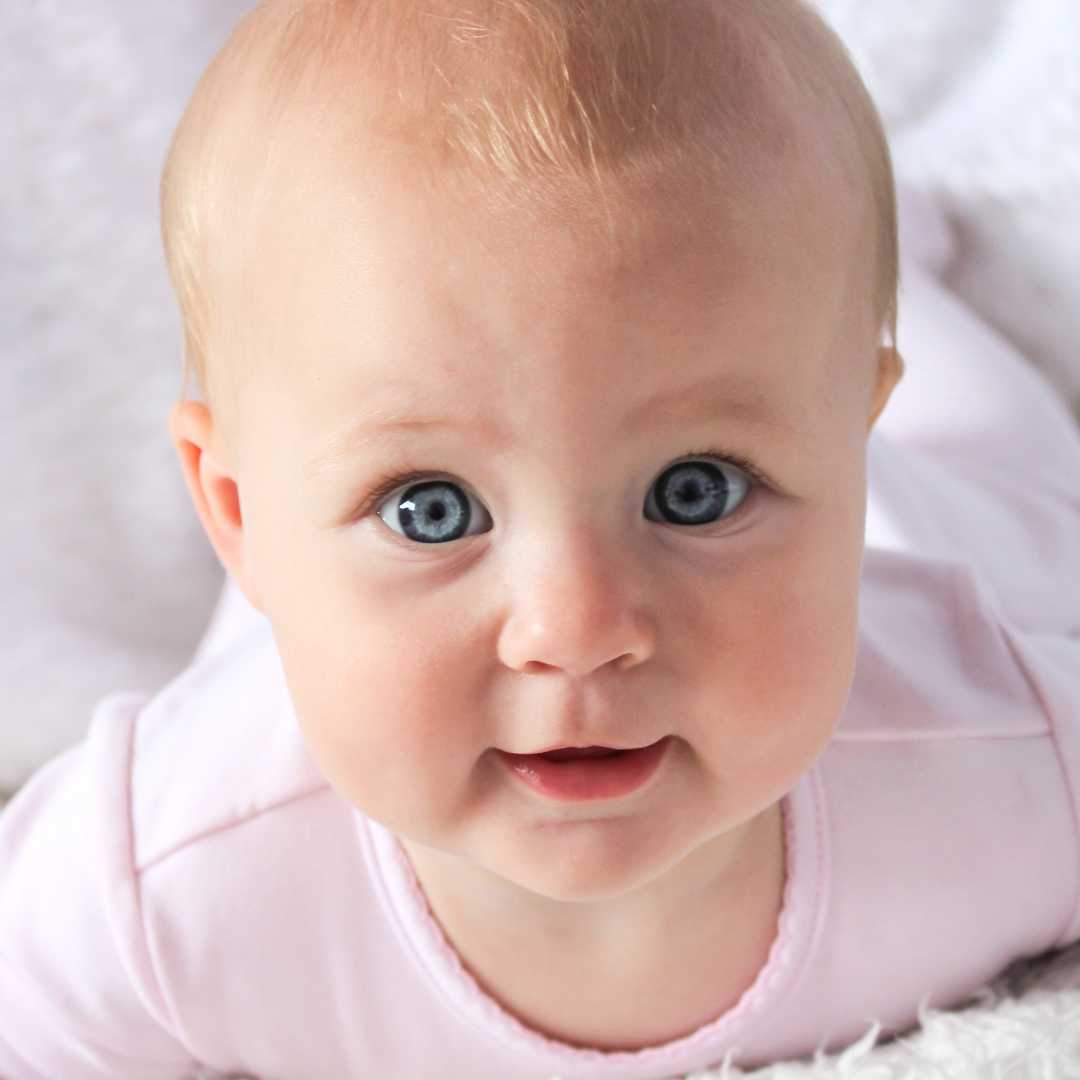
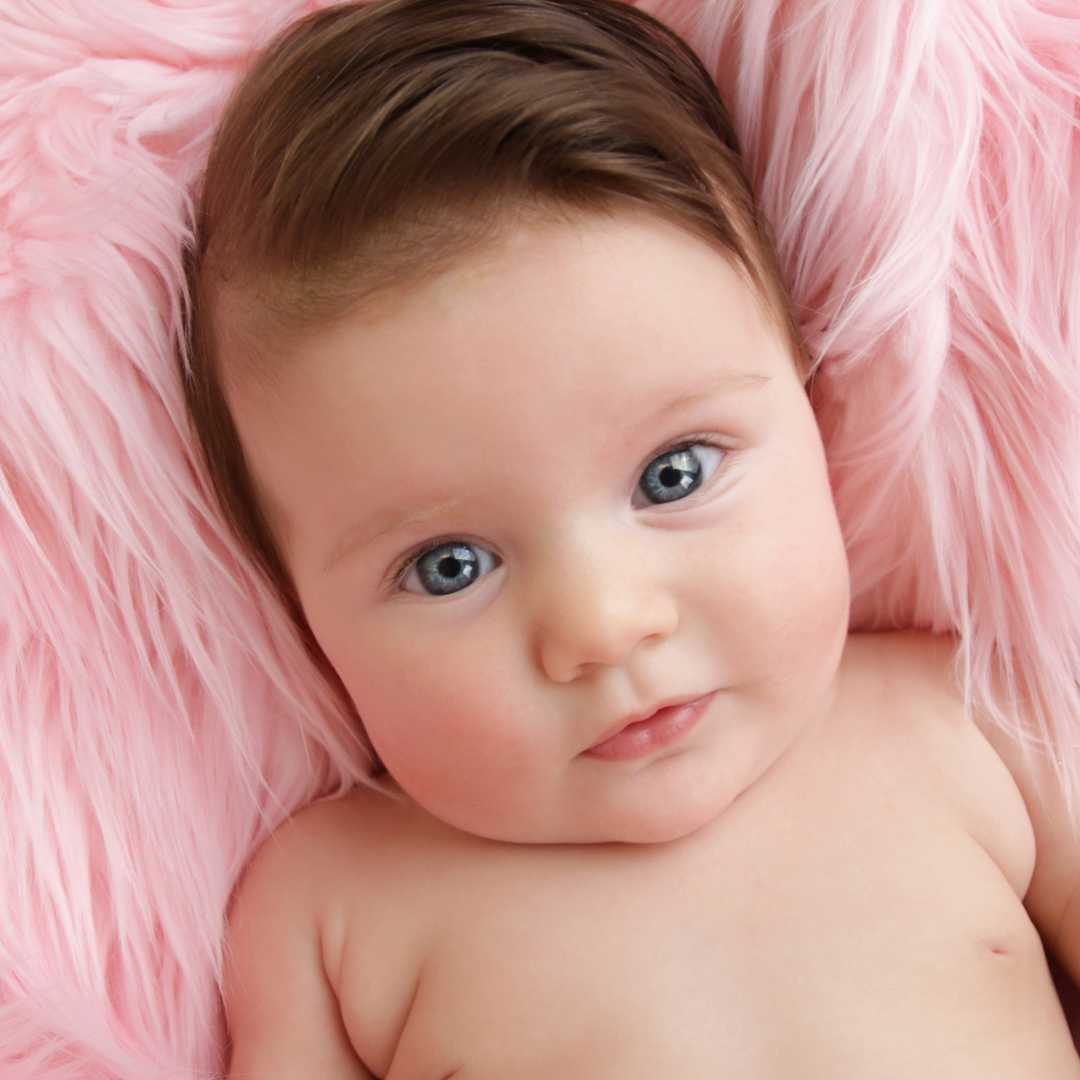
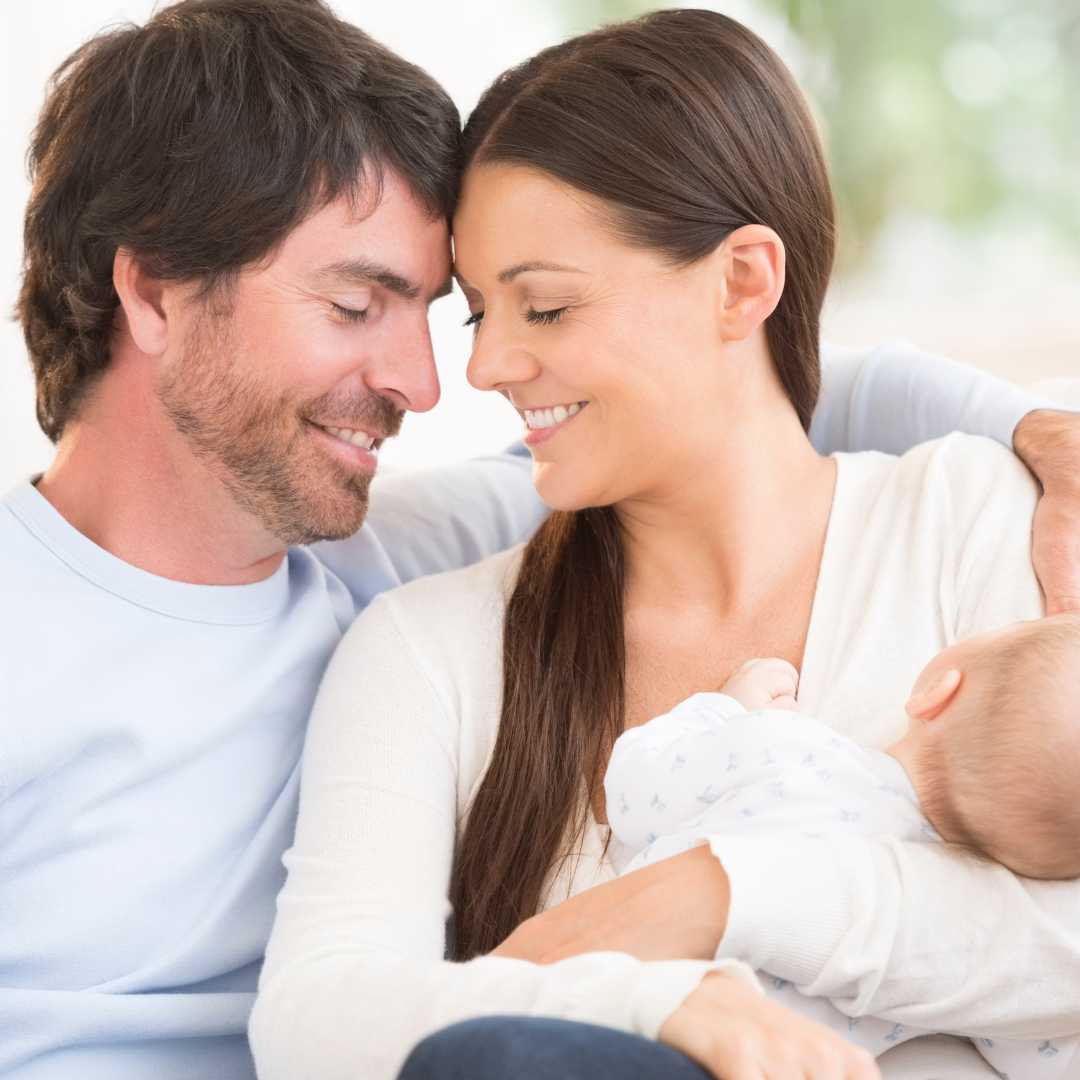
.png)
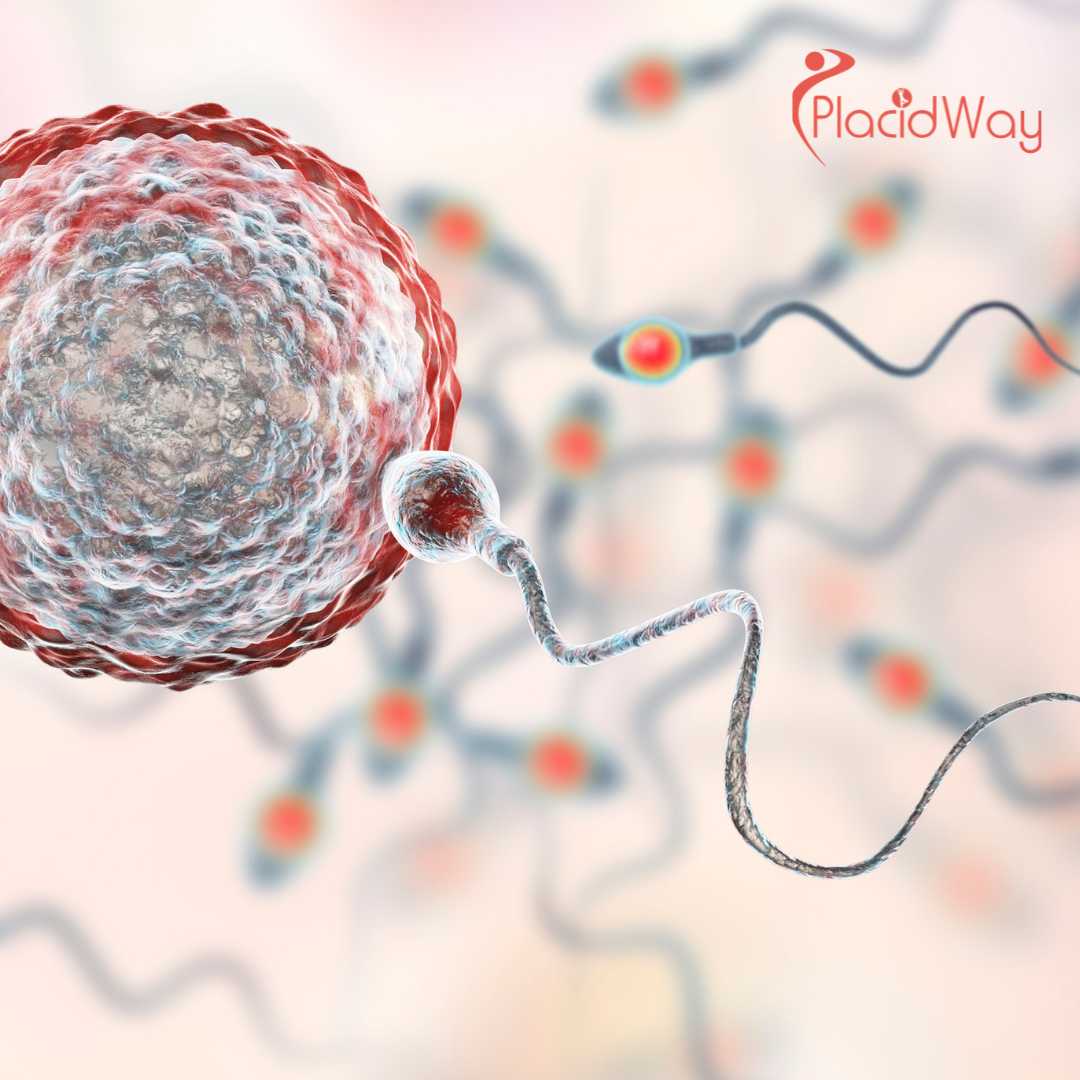
.png)
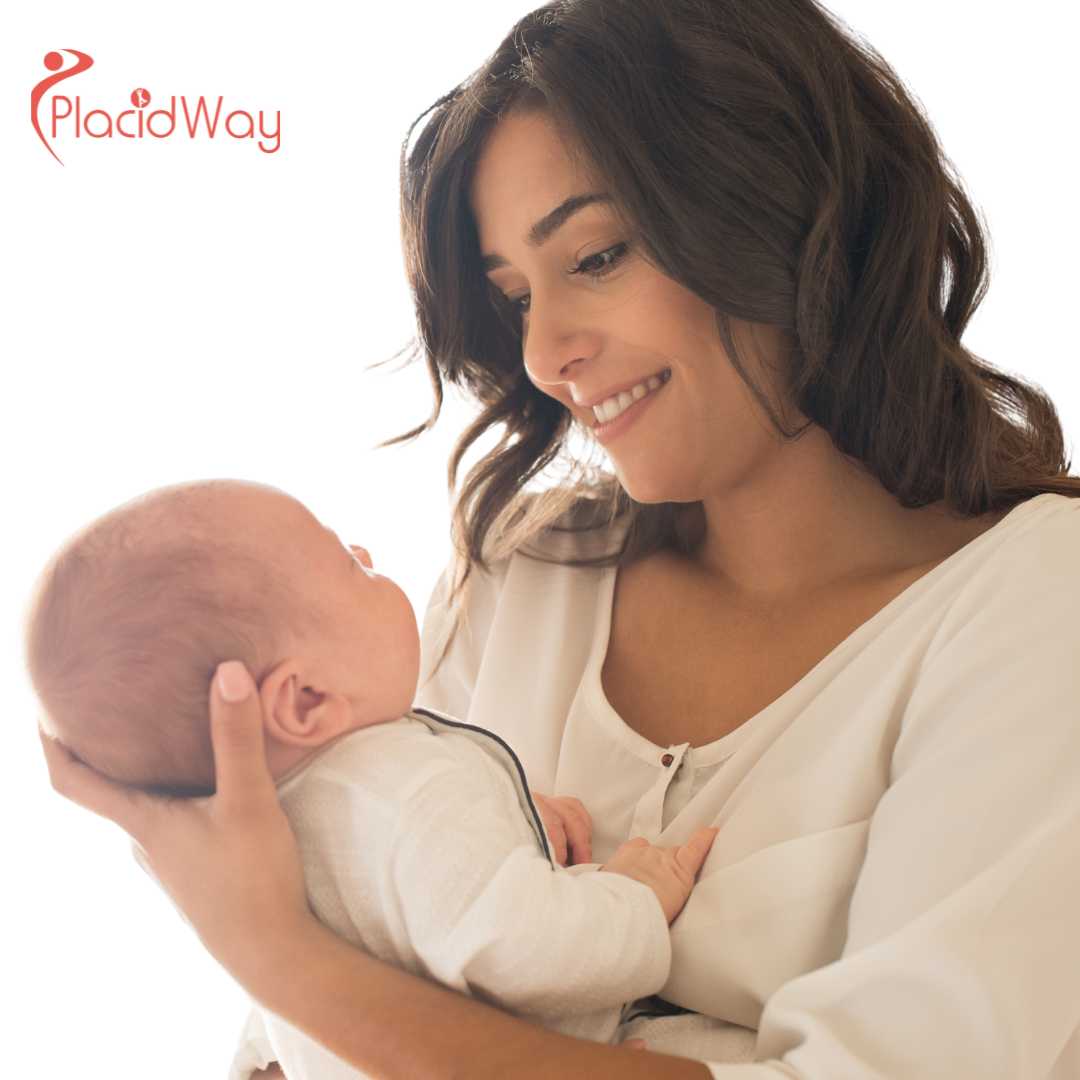
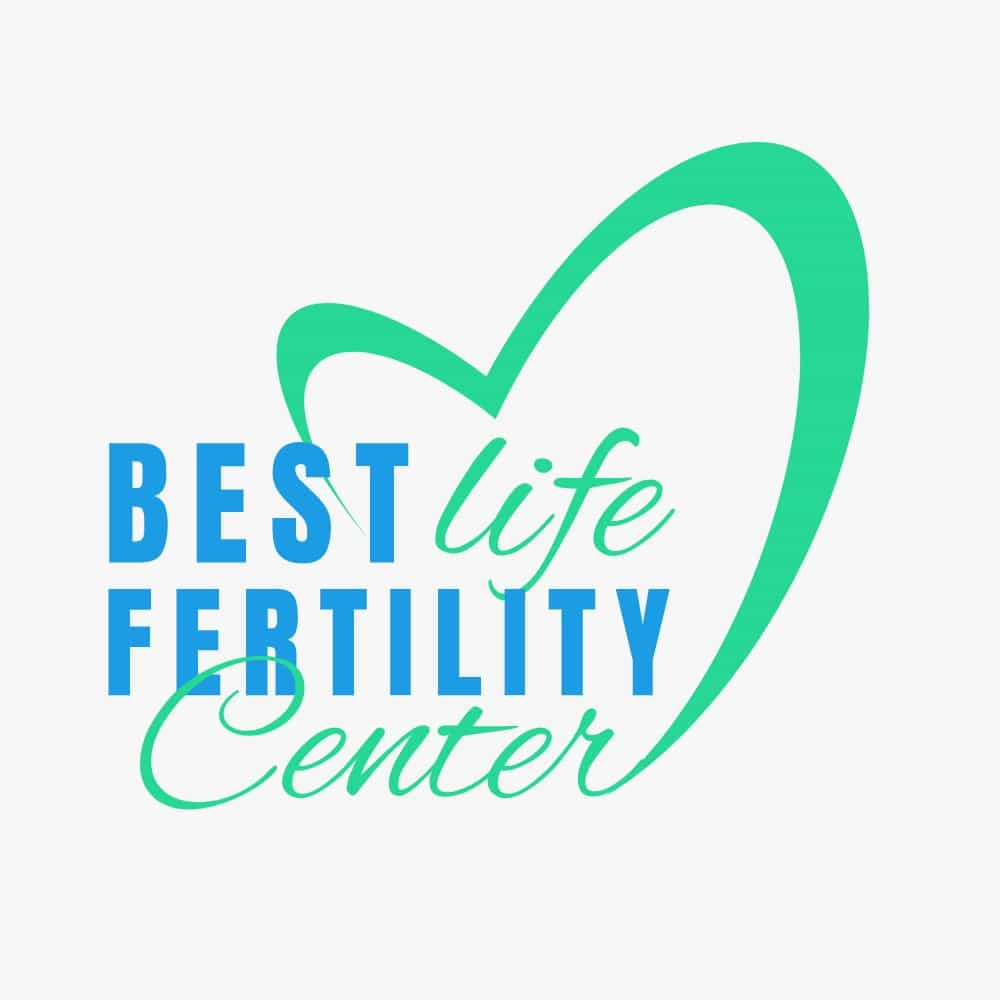

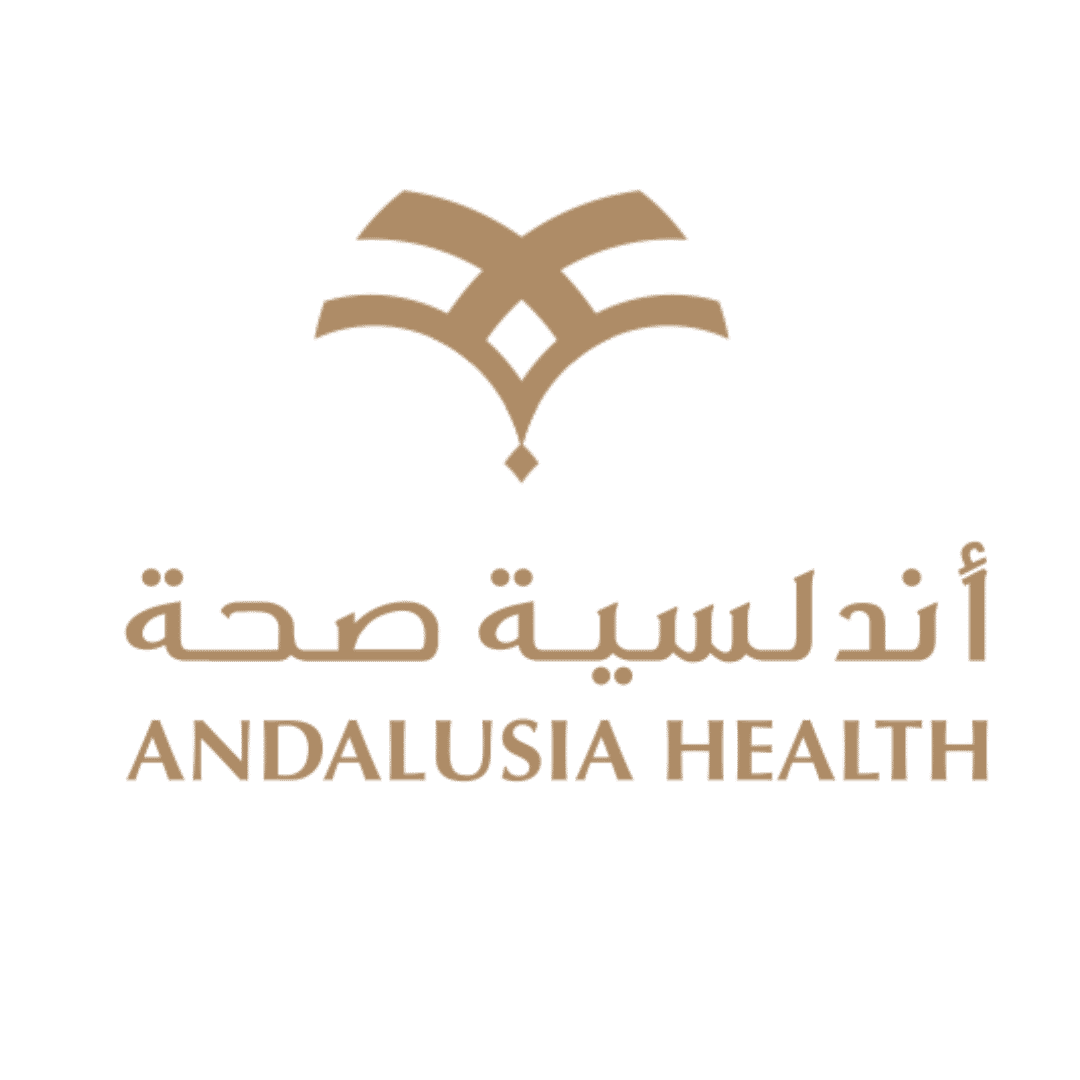
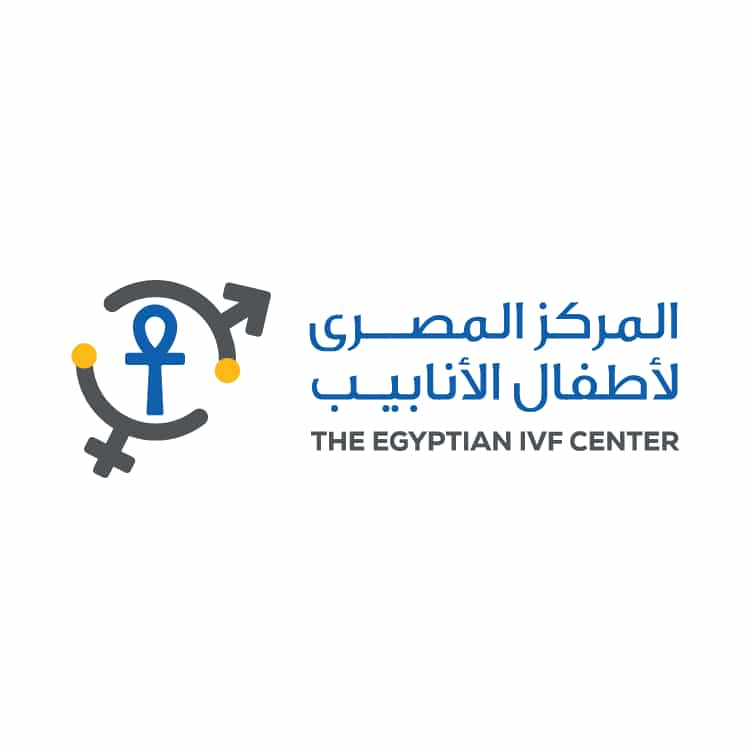
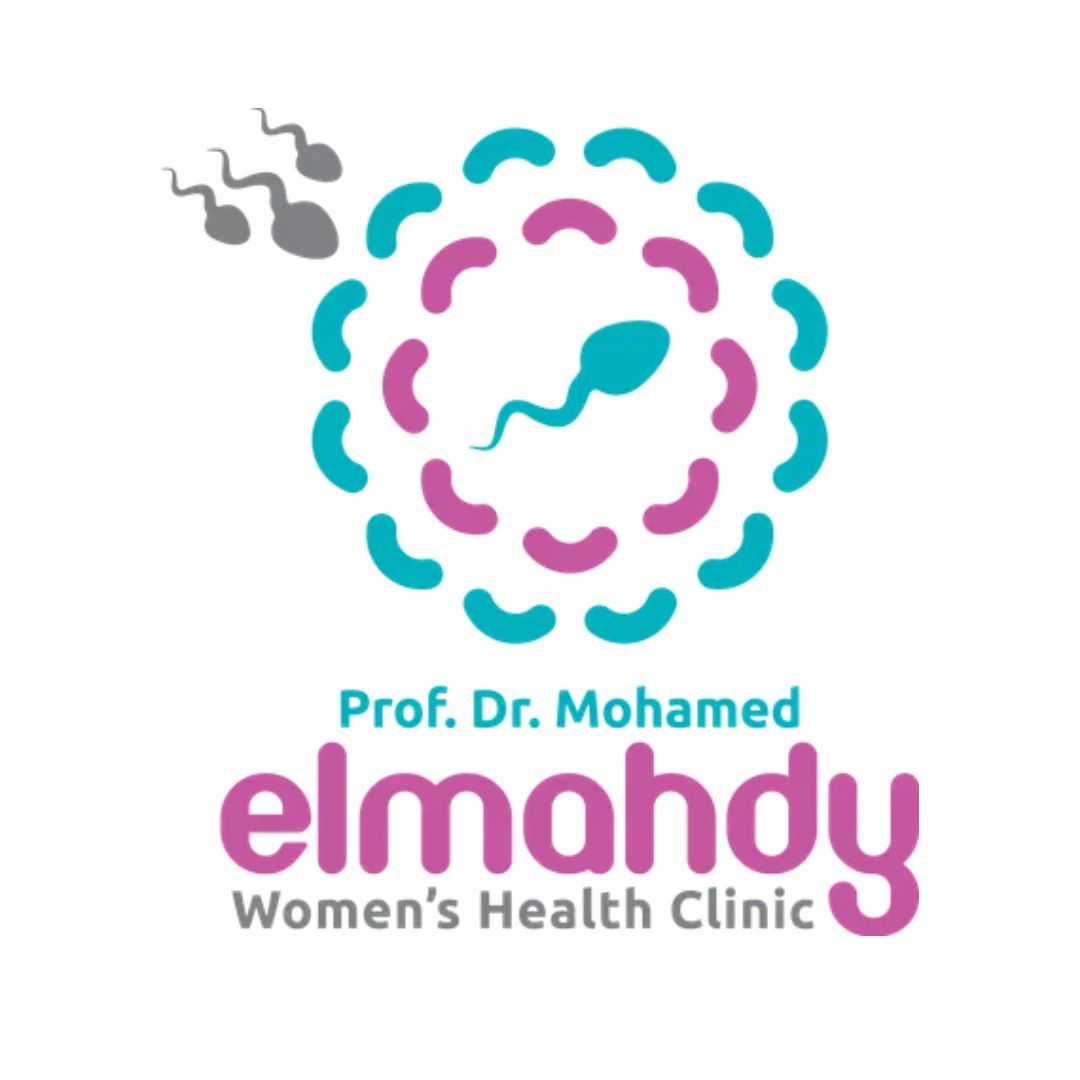

Share this listing